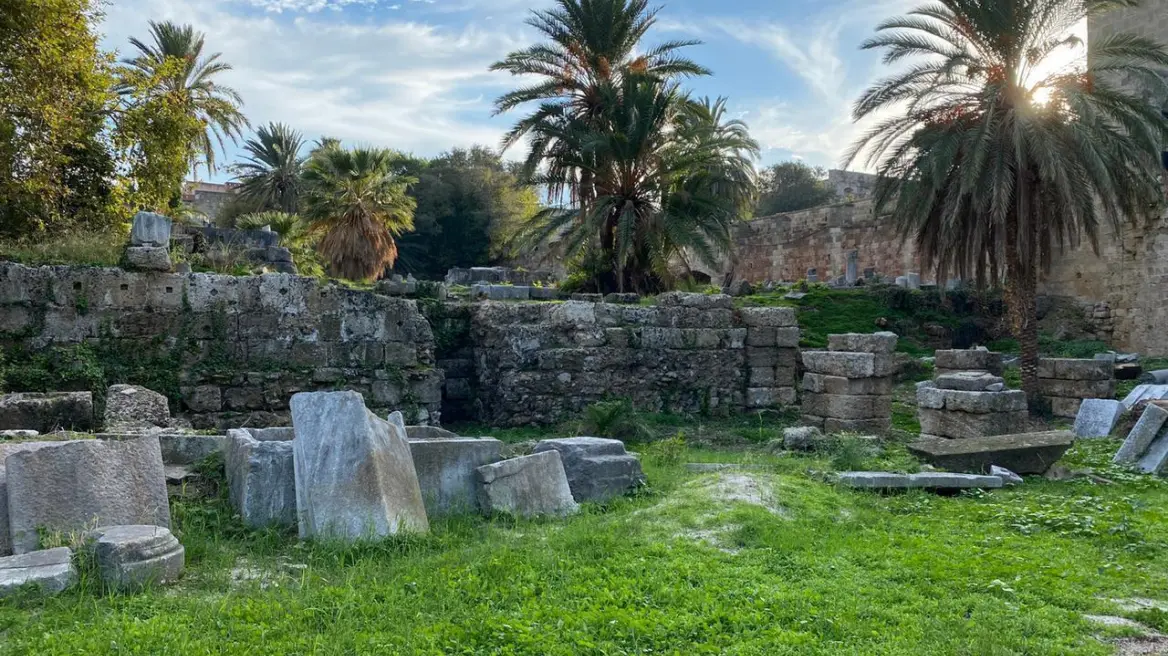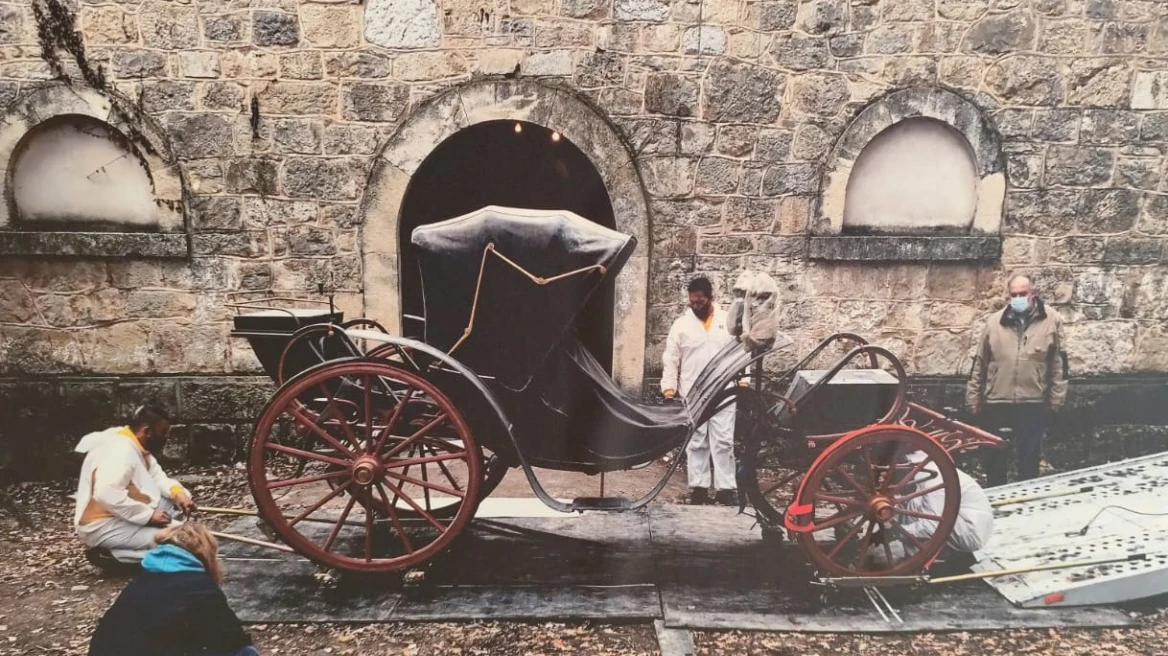Marcus Roselieb experimented with natural materials in Thailand, creating a school that serves as a benchmark for sustainable architecture. The self-taught designer explains why buildings should not just be shelters but “embraces” that inspire happiness.

The city of Chiang Mai, nestled in the heart of Thailand, is a magical place surrounded by lush greenery, jungles, and mountains. It’s a haven for spiritual and creative individuals who seek refuge from Bangkok’s bustling life. Austrian doctor Marcus Roselieb, his Thai wife, and their children moved to this serene location, only to discover the lack of a school aligned with their vision. They decided to build one themselves.

The Panyaden International School, constructed using earth and bamboo, harmonizes with its environment and has won multiple awards for its sustainable design. Its gymnasium, built in 2019, and its recently inaugurated library are architectural marvels. Roselieb, now a self-taught architect, takes on projects worldwide.

An Interview with Marcus Roselieb
Gala: Why did you choose bamboo and earth as building materials?
Marcus Roselieb: While living in Bangkok, we vacationed in a conventional seaside home. Instead of relaxing, I always ended up fixing its wear and tear caused by the tropical climate. I started researching materials more suited to these conditions. Without formal education in sustainable architecture, my choices were driven by durability and harmony with the environment.

Gala: How do you ensure comfort, durability, and safety in your buildings?
Roselieb: Bamboo and earth naturally regulate temperature, provide insulation, and create a pleasant atmosphere when used with modern techniques. They are highly durable and, most importantly, connect us with the earth, unlike industrial materials. For example, our 782-square-meter closed sports hall was built using bamboo trusses with spans over 17 meters, without any steel reinforcements.

Gala: How did you manage such a roof structure without reinforced columns?
Roselieb: Bamboo bundles were fabricated on-site and positioned using cranes. To ensure stability, two independent engineers worked on safety standards, factoring in wind resistance, seismic forces, and more. The bamboo, chosen for its maturity, was treated with natural borax salts to enhance its durability, avoiding toxic chemicals. The gymnasium is expected to last over 50 years, leaving a negative carbon footprint due to the bamboo absorbing more carbon during growth than was emitted during its processing and construction.

Curves in Architecture and Emotional Impact
Gala: Why did you incorporate curves into your designs?
Roselieb: In a world dominated by straight lines, my vision offers a joyful deviation. Buildings should evoke emotions, foster belonging, and generate happiness. Every curve I design is intentional, aiming to inspire smiles and deepen the connection between spaces and their inhabitants.
Sustainability in Design
Gala: How do you define sustainability in architecture?
Roselieb: Sustainability goes beyond materials—it’s about design. Poor design leads to poor functionality and a lack of satisfaction. We use materials with no carbon footprint during production and none when they decompose. At Chiang Mai Life Architects, our goal is to create spaces that elevate lives, foster creativity, and promote joy. Each design integrates seamlessly with nature, respecting Mother Earth.
Craftsmanship and Global Reach
Gala: Why do you build only in Thailand?
Roselieb: While I take on projects globally, the construction happens exclusively in Thailand. My craftsmen are Burmese refugees who can’t travel due to a lack of passports. Many fled their war-torn villages and found shelter in Thailand. I offered them jobs, built a small village for them, and provided opportunities for their families. These artisans, who have been with me for over a decade, are among the best in the world for building with earth.
Gala: You live in a concrete house. Why not a bamboo one?
Roselieb: I’ve never had the time or resources to build one for myself. My priority has always been supporting the people who rely on me.
Ask me anything
Explore related questions





